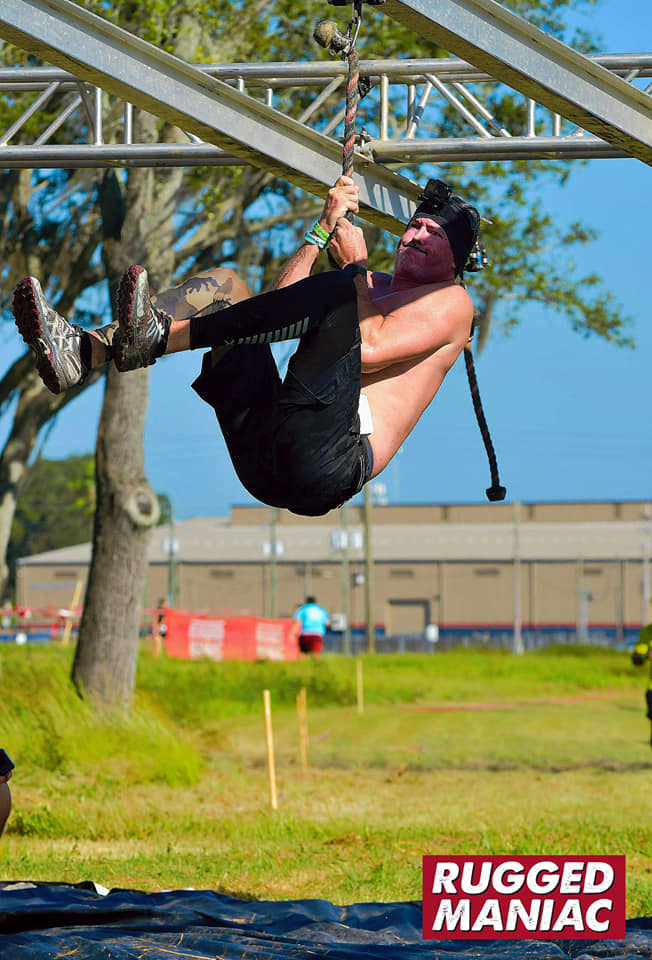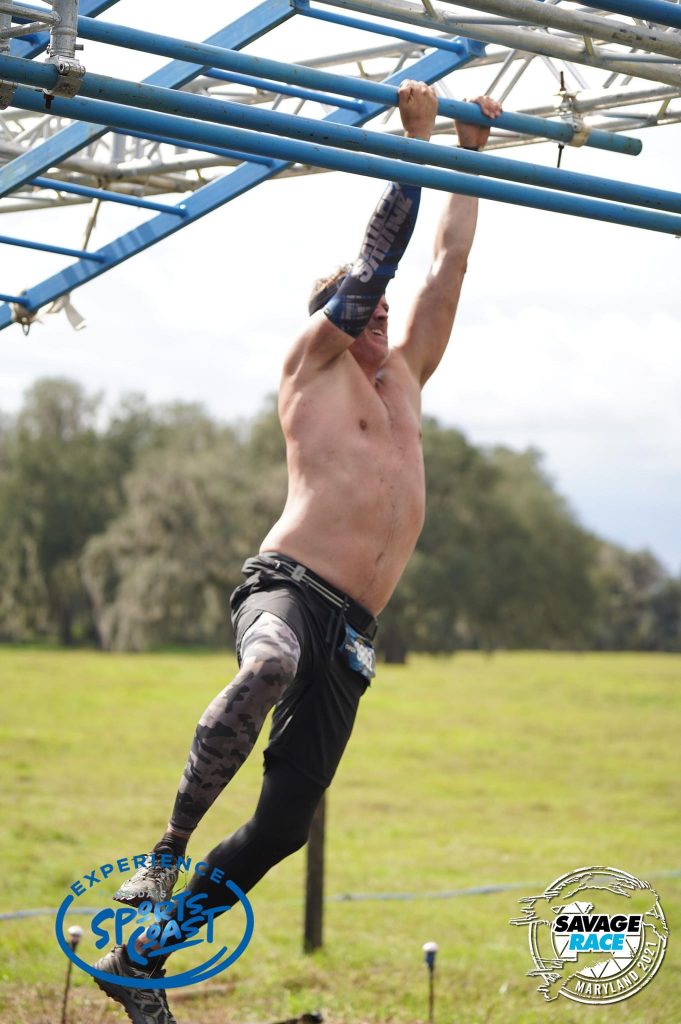
Source: Dallasnews.com By Veronica Allan|Contributor
Mounting evidence suggests early-life trauma may play a key role in the development of the world’s best athletes. But researchers say it’s not the trauma that makes a great athlete, but how the athlete uses that experience.
Up-and-coming distance running sensation Haftu Knight vividly remembers the night gunshots rang out in the rural two-room house where he grew up in Chelekot, a small village in northern Ethiopia. He lost both of his parents that night: his mother to bullets, and his father to prison.
“It’s one of those moments you don’t ever forget,” said Knight, who was locked in the bedroom with two of his siblings when their father killed their mother in 2009. The 19-year-old senior at Robert E. Lee High School in Tyler was adopted in 2014 by local residents Josh and Lori Knight. After moving to Texas, Haftu Knight began running. At the state cross country championships in 2015, he finished 98th; this year, he finished fourth. His lighting-fast rise has made him one of the most successful runners in the history of Tyler Lee — and he plans to continue his upward trend on an athletic scholarship next season at the University of Texas at Austin.

“Evidence of the success of such athletes comes despite research from the Centers for Disease Control and Prevention demonstrating that adverse childhood experiences, including abuse, neglect and household challenges such as domestic violence, are associated with an increased risk of heart and liver disease, depression and other negative health outcomes. These findings also come at a time of serious reckoning with abuse in sports, spurred in part by the revelation of sexual abuse in USA Gymnastics.“”Evidence of the success of such athletes comes despite research from the Centers for Disease Control and Prevention demonstrating that adverse childhood experiences, including abuse, neglect and household challenges such as domestic violence, are associated with an increased risk of heart and liver disease, depression and other negative health outcomes. These findings also come at a time of serious reckoning with abuse in sports, spurred in part by the revelation of sexual abuse in USA Gymnastics.“
While the story behind Knight’s success may appear to be one-of-a-kind, mounting evidence suggests early-life trauma may play a key role in the development of the world’s best athletes — findings that pose serious ethical considerations for parents and coaches. A study of Great British medalists published in 2017 led by Lew Hardy of Bangor University compared 16 Olympic champions and multiple medalists against 16 non-medaling Olympians. All of the medalists were exposed to trauma as children, including parental death or divorce, physical and verbal abuse or an unstable home environment, compared to only four of the non-medalists.
Endurance for Healing
by Endorf.com
The world of endurance sports has long been a sanctuary for individuals seeking solace, healing, and transformation. In recent years, a pattern has emerged: a significant number of endurance athletes, particularly runners, have turned to the sport following traumatic events, addiction, or a history of extreme behavior. By exploring the psychological and physiological factors that underlie this connection, we can gain a deeper understanding of the transformative power of endurance sports and the resilience of the human spirit.
One of the key factors linking trauma, addiction, and endurance sports is the brain’s reward system. Traumatic experiences and addictive substances hijack the brain’s natural reward pathways, creating a sense of euphoria through the release of neurotransmitters such as dopamine and serotonin. Similarly, endurance sports trigger the release of endorphins and other “feel-good” chemicals, producing the so-called “runner’s high” (Boecker et al., 2008). For individuals dealing with trauma or addiction, the intense emotional experience provided by endurance sports can serve as a healthier alternative to negative coping mechanisms.

Sensation-seeking behavior also plays a crucial role in the connection between trauma, addiction, and endurance sports. Individuals with high sensation-seeking tendencies are more likely to engage in extreme sports and may be more prone to substance abuse (Hittner & Swickert, 2006). The pursuit of novel, intense experiences is often a response to feelings of emptiness, stress, or pain. For those who have experienced trauma or addiction, endurance sports offer a more constructive and sustainable outlet for their cravings for intensity and stimulation.